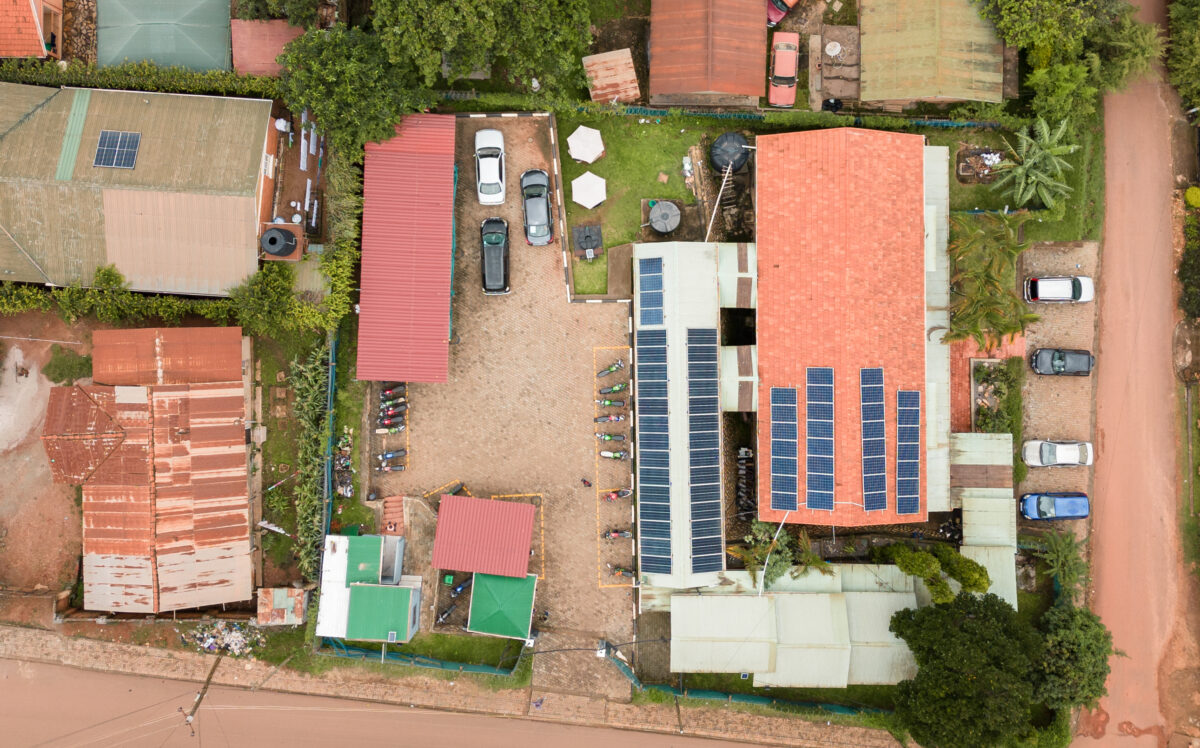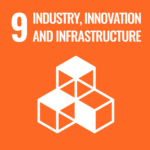Gender
The project seeks to engage with female drivers to increase gender equality in the sector, as well as recruiting women into the company’s wider operations.



| Investee Company | Zembo Motorcycles SMC Ltd |
| Sector | Transportation |
| Country | Uganda |
| Total Project Cost | > USD 5.5m |
| PIDG Commitment |
|
| Dates of PIDG involvement |
|
Among Africa’s most populous countries, Uganda is seeing a growing trend towards greater urbanisation. The population of Kampala was expected to reach 4.1 million by 2024 and poor air quality, noise and traffic congestion are the norm. Access to affordable public transport is limited, and people largely use informal “boda boda” motorcycle taxis. Driving these taxis is a key source of employment and numbers are expected to increase significantly, potentially adding to existing health challenges presented by urban air pollution. As battery prices fall, there is increasing interest in the potential of electric vehicles to support cleaner urban transport.
The project supports the growth of Zembo’s electric motorcycle business in Kampala. Using a pay-as-you-go (PayGo) model used across the African solar industry, Zembo seeks to ensure that electric mobility is affordable for drivers and passengers.
The project is enabling availability of 2,000 new electric motorcycles for drivers to buy or access on a lease-to-own basis, with further growth planned in subsequent years. Drivers do not need to buy batteries or wait for them to be charged; they simply swap a discharged battery for a fully charged one at a Zembo charging station and continue their journey.
PIDG technical assistance grant funding was used for Health, Safety, Environmental and Social capacity building, and for the technical analysis and design of improved batteries for the electric motorbikes.
The project seeks to engage with female drivers to increase gender equality in the sector, as well as recruiting women into the company’s wider operations.
Charging stations are solar-powered or powered by Uganda’s national grid, 92 per cent of which is derived from renewable sources. As part of global efforts to improve urban air quality, reduce noise and achieve net zero, Zembo’s model has potential for replication.
The upfront cost of an electric motorcycle taxi is higher than for an equivalent vehicle with a combustion engine, however, charging and maintenance costs are lower, enabling drivers to maximise their incomes whilst supporting efforts to drive down emissions.
Our investments and grant funding are expected to support Zembo’s growth, whilst embedding high standards of health and safety to enable the company to scale and attract future private sector investment.
Local currency lease-to-own agreements reduce exchange risk for drivers. Zembo currently imports motorcycle components to Uganda, assembling the bikes in a dedicated Kampala facility. The growth of the business will increase employment in this assembly and battery refurbishment supply chain.